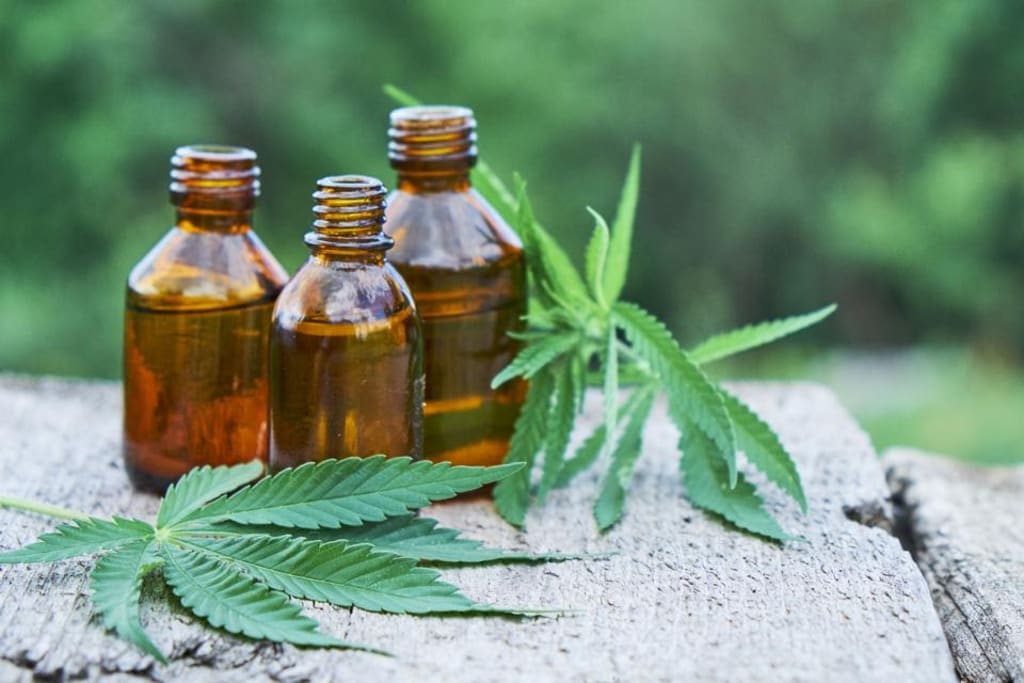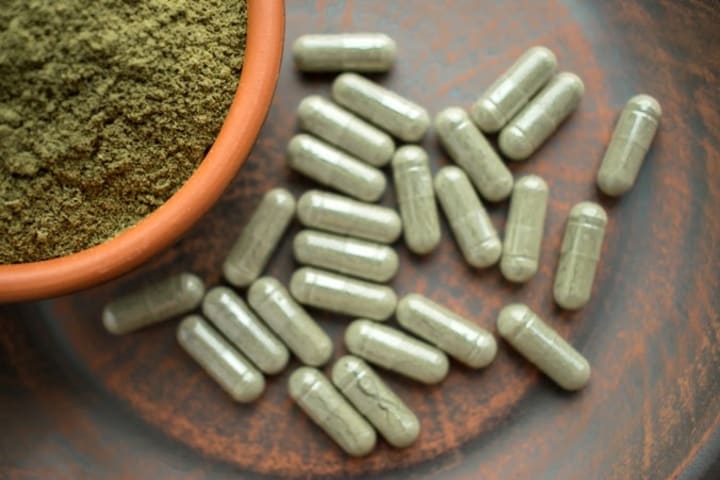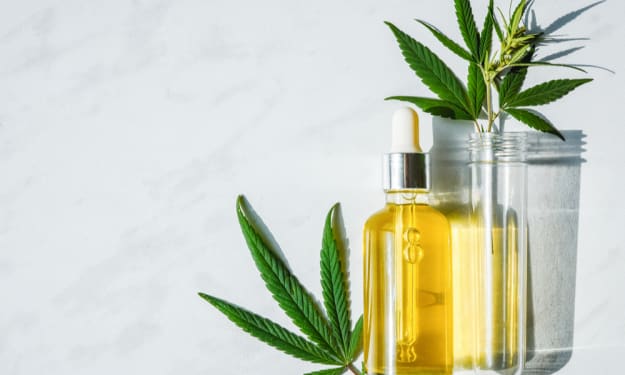Kratom vs. CBD: Which One Will Benefit You Most?
The Usage of Kratom and CBD Supplement

You may be aware of CBD and the protracted debate over its legality. But have you heard about Kratom?
Kratom is a tree native to Southeast Asia that goes by the name "mitragyna speciosa." Thailand, Malaysia, Indonesia, and Papua New Guinea are among the nations where it grows natively. For thousands of years, people in these locations have consumed kratom.
The locals ate the leaves in the past for their stimulant-like qualities. Kratom has a rich history of being used as an opium replacement and has recently gained popularity as a recreational substance.
Due to various strains, the evaluation of whole-plant cannabis gets more complicated. Both kratom and marijuana come in several strains, each with its own set of effects. Anxiety is known to be relieved by kratom and marijuana, at least briefly. They both have a lot of advantages. What about the risks?
Kratom, like CBD, has a lengthy legal controversy about its legality owing to the danger it poses to users. To have a thorough understanding of Kratom and CBD, we've outlined their similarities and differences in several areas.
Kratom vs. CBD: Which One Will Benefit You Most?

The Usage of Kratom and CBD Supplement
CBD may be used for a variety of purposes. Anxiety, sleep difficulties, chronic pain, and inflammation are the most prevalent conditions for which it is prescribed.
Even though most people use it to feel more relaxed and reduce anxiety symptoms, it's also gaining popularity in the wellness industry to aid recovery and pain treatment. Aside from its practical applications, CBD is being studied for its ability to cure more severe illnesses such as cancer, heart disease, multiple sclerosis, Parkinson's disease, epilepsy, diabetes, and a variety of others.
Kratom is mainly used to alleviate anxiety, pain, and opiate addiction. Even as the herb's study appears to be in its early phases, no firm findings can be reached at this time.
Some of the touted advantages are likely true, relying on consumer experiences and local peoples who have produced the plant for decades. Some people report it's incredibly successful overcoming addictions to heavier opiates like heroin and oxycodone. Further clinical studies are needed, however, before it can be acknowledged as a viable therapy.
The Side Effects of Kratom and CBD
CBD is beneficial not only for its multiple advantages but also because of its low risk of adverse effects. The active cannabinoid is non-addictive and safe to eat in considerable amounts. There were no reported CBD-related fatalities to date. Nausea, dry mouth, and tiredness are some of the moderate side effects that users may encounter.
Once we examine the adverse effects, though, Kratom begins to appear a lot less enticing. Although it is marketed as an alternative to opiates, there is a danger of getting dependent on kratom. Excessive usage is typically discouraged since it raises the danger of addiction and exposes the user to additional risks.
Vomiting, nausea, and constipation are some of the most typical kratom adverse effects. Seizures, psychosis, respiratory depression, liver toxicity, and elevated blood rate are just a few of the more severe side effects of kratom usage. When all of these side effects are taken into account, the disadvantages may far exceed the advantages.
The Legality of Kratom and CBD
The Drug Enforcement Administration was obliged to drop hemp-derived CBD from its listing of prohibited medicines after the 2018 Farm Bill was passed. Industrial hemp has a THC value of 0.3 percent or more minor was legally authorized as an agricultural product, not a restricted narcotic, under the measure.
CBD is widely acknowledged, and users are primarily free of legal ramifications while taking it, particularly in the form of extracted CBD tinctures, candies, capsules, and other products. Misleading policy actions towards CBD users are exceedingly rare, and they are becoming more uncommon.
The legality of kratom is a little less clear. Tennessee, Indiana, Alabama, Wisconsin, Vermont, and Washington, D.C. have all enacted legislation prohibiting the use of kratom. The DEA attempted to label kratom a schedule I drug in 2016. The Department of Health and Human Services recommended a kratom prohibition in 2018.
That prohibition has yet to be implemented. This might be due partly to a significant public uproar about the imminent prohibition, which kratom proponents sparked. Even still, the administration hasn't completely surrendered.
While humans oppose the war on drugs, consumers must be informed that their access to this supplement might be revoked with little notice. Using anything for pain or addiction that is likely to become less accessible and far less safe is generally not a brilliant idea.
Even the Food and Drug Administration (FDA) published a notice warning of the dangers of kratom. In 2017, the FDA reported 36 fatalities linked to kratom. In 2018, a salmonella epidemic linked to kratom products spread across many states, affecting 199 individuals. The widespread outcry prompted a big recall and cast an unfavorable light on the plant once again, perhaps leading to its prohibition on a bigger scale.
But if you really want to try kratom, you can still enjoy its benefits through different kratom products made but with limited usage. You can buy kratom powder, capsules such as wildcraft kratom, or try drinking kratom tea.
Takeaway
A remedy's safety isn't guaranteed just because it's made from plants. To use them properly, consumers will need to do study and educate themselves.
While numerous individuals mistakenly think of kratom and CBD as botanical remedies, they are two different things. CBD is a lot more well-known, with many user testimonials and scientific evidence to back it up. It's also quite unlikely to have any harmful side effects.
While natural chemicals should not be illegal, kratom consumers should be aware of the danger of addiction and other possibly dangerous side effects. While some of the hazards of kratom are due to drug prohibition and contaminated goods rather than the plant itself, people should still be cautious before using it.
Call me Jen Hensey, a writer and blogger of LifeStyleConvo & UrbanHouses, who worked as a full-time content creator. A writer by day and reader by night.
About the Creator
Jen Hensey
Call me Jen, a writer and blogger of LifeStyleConvo & UrbanHouses, who worked as a full-time content creator. A writer by day and reader by night.






Comments
There are no comments for this story
Be the first to respond and start the conversation.